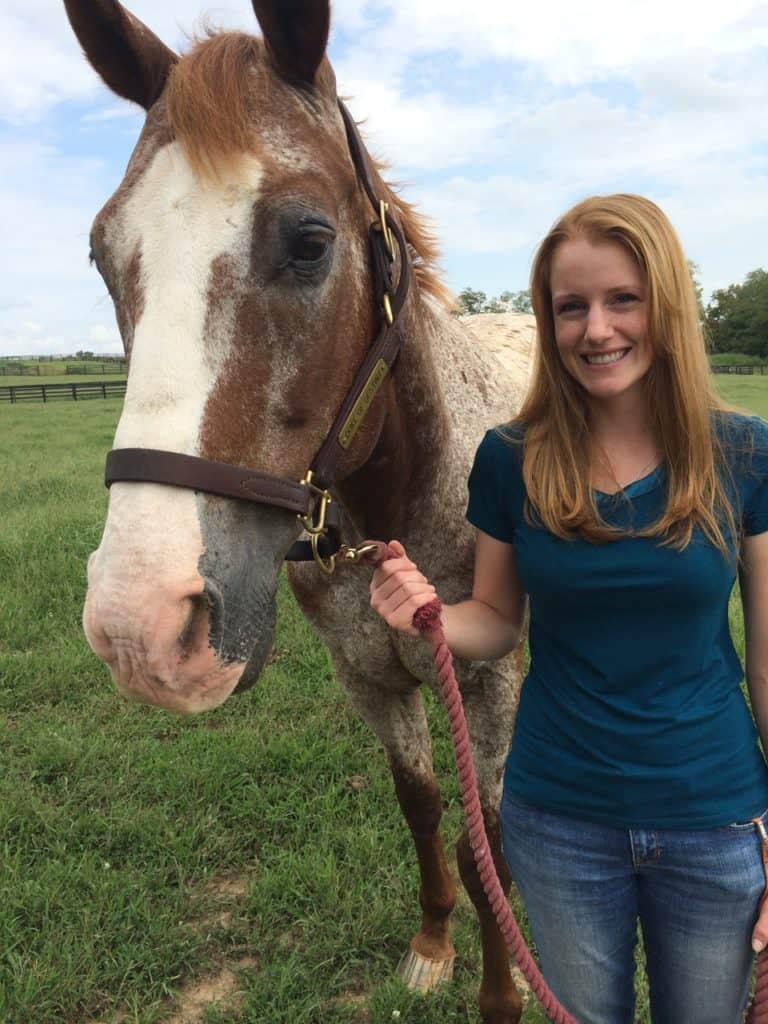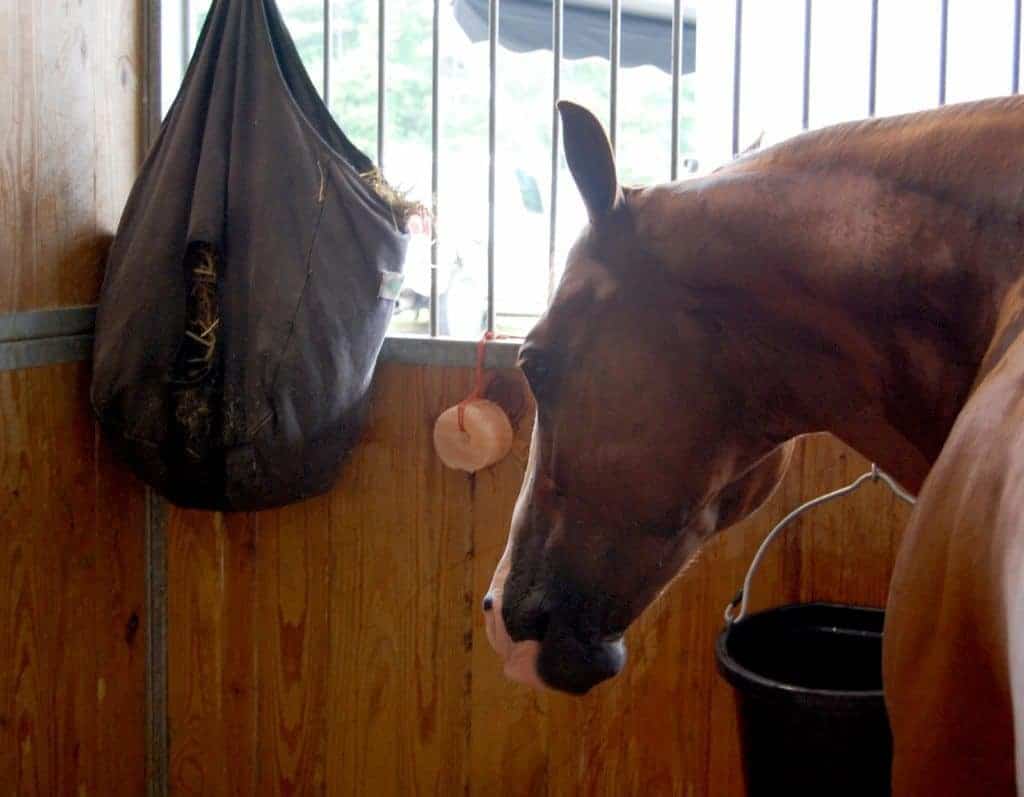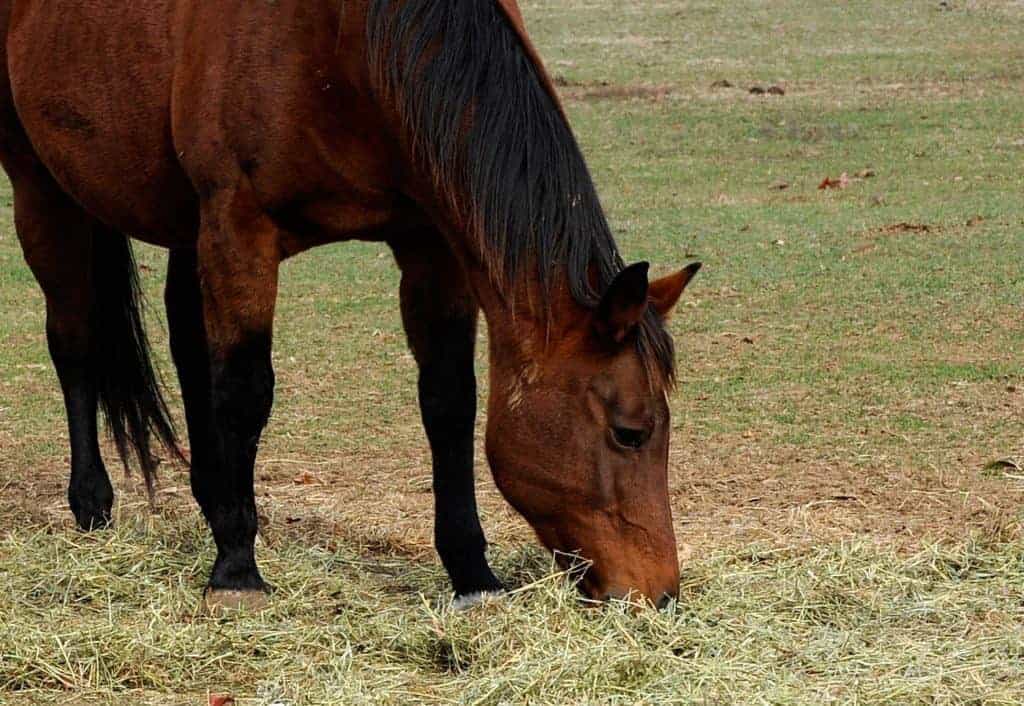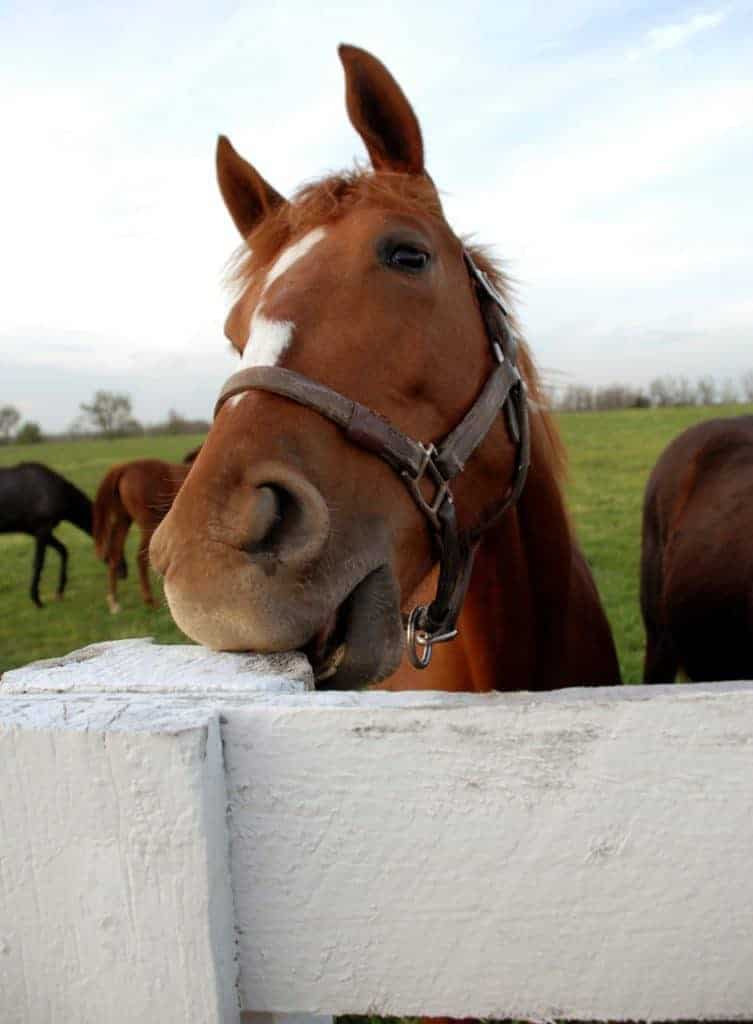
Equine Nutrition Tips for the New Year
Work with your veterinarian or equine nutritionist to ensure your horse’s diet is balanced heading into the new year.

Work with your veterinarian or equine nutritionist to ensure your horse’s diet is balanced heading into the new year.

Growing horses require specific nutrients, vitamins, and minerals to aid in proper development.

Learn about the 21 amino acids that form proteins in your horse’s body and why they’re crucial to his health.

Researchers determined that blanketing does not appear to impact horses’ vitamin D status.

The complex equine hoof relies on important nutritional building blocks for strength and integrity.

Find out if your horse could be at risk of suffering subtle but serious vitamin and mineral imbalances.

A correct diet can make these sometimes-debilitating conditions manageable.

Our new community water source is “hard” water, with higher levels of calcium and magnesium. Should I be concerned?

Regulators are paying close attention to this seemingly innocuous trace mineral found in B vitamins. Find out why.

Amino acids are one of the most significant pieces of the puzzle in a horse’s diet and are used to build protein.

Fowler’s main research focus involves investigating what affects horses’ phosphorus excretion.

Learn if extra money spent on a Himalayan salt block is a good investment.

Find out how supplements can help provide your horse important trace minerals that might be lacking in hay.
The cobalt was presumably used as a performance-enhancing substance, a statement said.

Anytime a horse is consuming unusual material, a thorough review of the diet is a good idea.

Learn about the 21 different amino acids your horse needs to build proteins in his body.
Stay on top of the most recent Horse Health news with
"*" indicates required fields